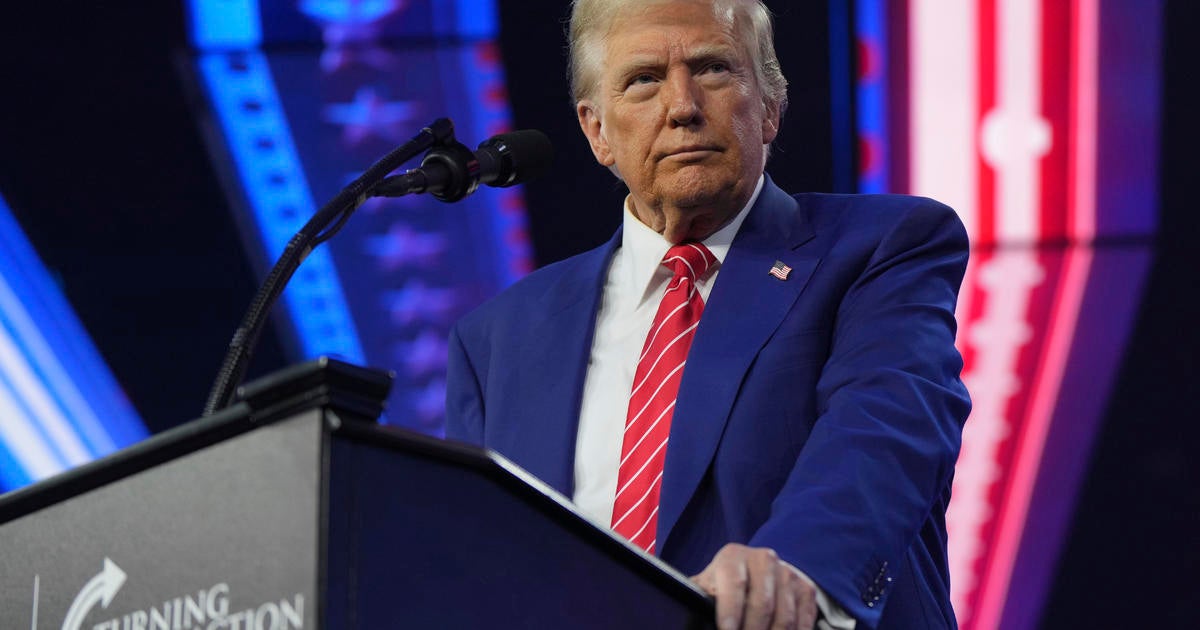President-elect Donald Trump has once again stirred controversy with his recent statements regarding the potential acquisition of Greenland and the Panama Canal. His remarks have sparked strong reactions from the leaders of both Greenland and Panama, as well as from the international community.
Greenland Prime Minister Múte Egede unequivocally stated that the island nation is not for sale and will never be for sale, in response to Trump’s suggestion that the U.S. should take over Greenland for national security reasons. Greenland, a self-ruling territory of Denmark with a population of over 50,000, has firmly rejected any notion of being bought or controlled by the U.S. Egede emphasized that Greenland belongs to its people and that they will not compromise their sovereignty.
Trump’s interest in Greenland is not new, as he previously floated the idea of purchasing the island during his first term in office. However, Greenland’s leadership has consistently rejected such proposals, asserting their independence and autonomy. Trump’s recent social media post reignited the debate over Greenland’s status and raised concerns about the U.S.’s intentions in the Arctic region.
In addition to his remarks about Greenland, Trump also made comments about the Panama Canal, suggesting that the U.S. should consider taking over the strategic waterway. The Panama Canal, a vital international shipping route owned and operated by the Panama government, has been a point of contention in U.S.-Panamanian relations. Trump’s suggestion of U.S. control over the canal met with swift opposition from Panama’s President José Raúl Mulino, who reaffirmed Panama’s ownership and control of the canal.
The Panama Canal, built by the U.S. in the early 20th century, was returned to Panama in 1977 through a treaty signed by former President Jimmy Carter. The canal’s significance as a key transportation route for global trade has made it a subject of geopolitical interest and influence. Trump’s comments about potentially taking over the canal have raised concerns about U.S. intentions and actions in the region.
The international community has closely monitored Trump’s statements regarding Greenland and the Panama Canal, expressing varying degrees of alarm and skepticism. The implications of U.S. intervention in these territories, whether through acquisition or control, have raised questions about sovereignty, international law, and diplomatic relations.
As Trump prepares to leave office and the new administration takes over, the future of U.S. foreign policy and strategic interests in Greenland and Panama remains uncertain. The reactions from Greenland and Panama’s leaders underscore the importance of respecting national sovereignty and territorial integrity in international affairs. The debates sparked by Trump’s remarks highlight the complexities of global politics and the challenges of navigating diplomatic relations in an increasingly interconnected world.









